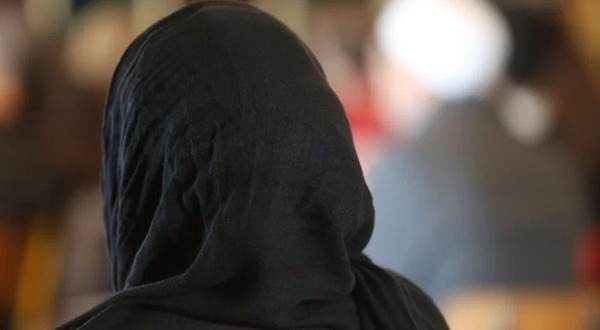An Indian social worker says she was denied a job at an orphanage in the Indian capital of New Delhi because of her hijab – a headscarf worn by many Muslim women.
Nedal Zoya claimed that the recruiter felt that her hijab made her look “like a Muslim lady.”
“Everything was going smooth, we exchanged many emails,” Zoya, a graduate from Tata Institute of Social Sciences in Mumbai, told Al Jazeera.
“But a few days ago, I got an email stating that ‘I am sorry to inform you that even [from] a distance of one kilometre you look like a Muslim lady due to your external Muslim gears’.” This comment referred to her hijab.
Zoya was asked by the president and CEO of the Delhi Orphanage for Girls Harish Varma to give an online test and send her picture after she was shortlisted for the post of social worker in October.
The CEO had suggested that Zoya remove her hijab as one of the pre-conditions to proceed with the recruitment process.
After she refused to do as she was asked, Varma sent her an email expressing that he was “shocked” to know that “conservative Islam was her priority, not humanity”, and that all her “higher education has gone down drain”.
In the email exchange between Varma and Zoya, obtained by Al Jazeera, Varma stated that he would not allow any kind of religious activities inside the orphanage.
Zoya was later informed that another Muslim girl with “modern thoughts” and a “religion-free mindset” was hired for the same post.
“I don’t take it as a rejection. I don’t consider myself a victim,” the 27-year-old said.
“My motive was to create [an] awareness as I am not the only one who has faced such discrimination. People at least need to discuss this matter so that such discrimination on the basis of religion and appearance can be questioned,” she said.
Local media reported that Saurabh Bharadwaj, Member of the Delhi Legislative Assembly from the ruling Aam Aadmi Party said that his government will take action against Varma if Zoya will officially lodge a complaint, adding that the Indian constitution did not allow anyone to discriminate on the basis of someone’s faith.
Varma told Al Jazeera that the decision was taken based on her eligibility for the job and that the candidate he was looking for should be “secular”.
“We are a secular country, we are not giving preference to people based on their religion, which is why I want my orphanage to be religion-free,” Varma said.
“My religion is humanity and yes I don’t want any influence of any religion in my organisation.”
India’s constitution guarantees right to freely profess, practice, and propagate one’s religion.
Zoya believes it was an example of how Islamophobia in India is growing and how it can affect the future of India’s Muslim population, some 14 percent of the country’s 1.3 billion people.
“[My] scarf adds to my boldness and confidence. And it’s completely my choice to cover my head,” she said.
In 2015, a 22-year-old Masters in Business Administration graduate was denied a job in Mumbai as the company said it only hired “non-Muslim candidates”.





